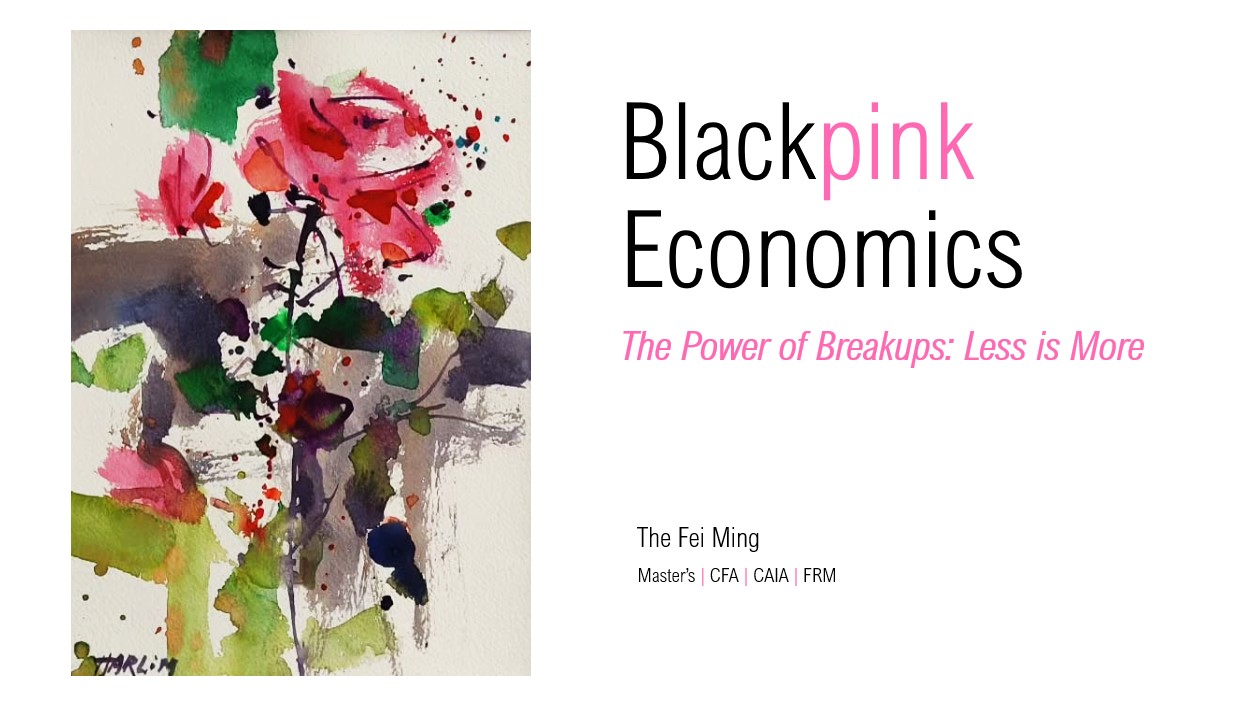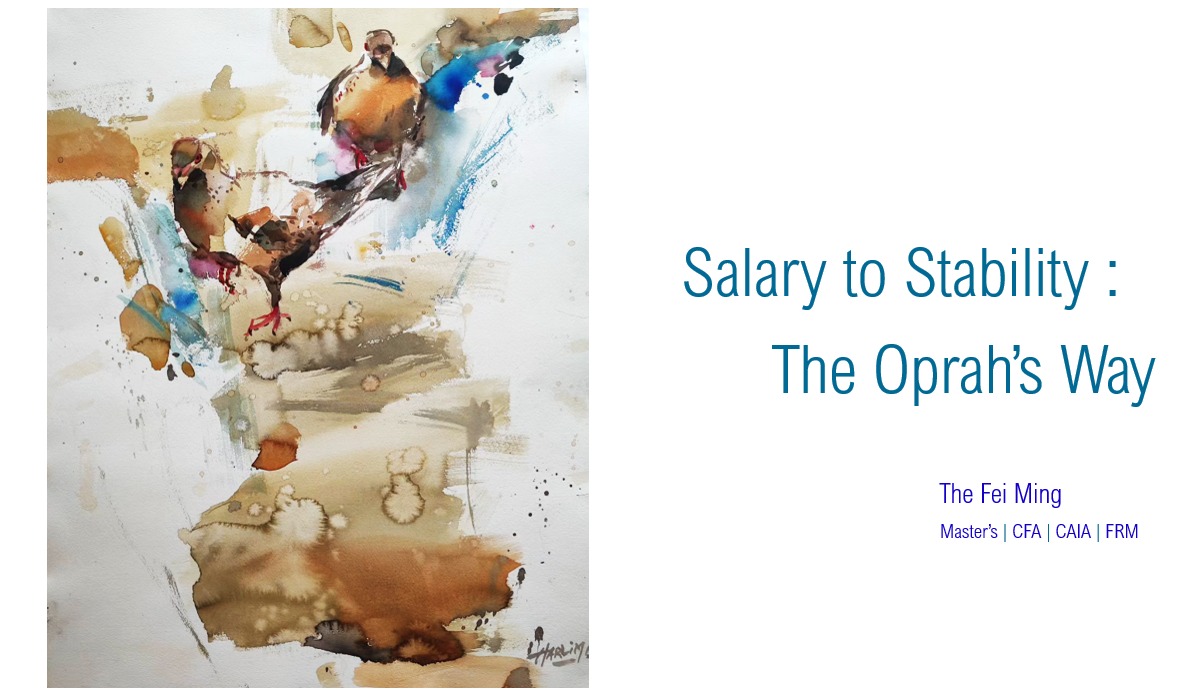Sorry, Sorry, Sam… The Anatomy of Regret

When was the last time you said “I’m sorry”?
Perhaps to your mother. A spouse. A client, maybe. According to one study, the average person utters the word “sorry” eight times a day. And yet, for many, those two syllables feel heavier than gold.
Apologies are strange currency—simple to offer, hard to mean, and even harder to receive. Peter Cetera once sang, “Everybody needs a little time away.” But for some, saying “I’m sorry” feels like a declaration of weakness, a public display of shame.
I feel for them—and for Bill Clinton, who stood before the world and expressed “profound regret” for his affair with Monica Lewinsky. Or Tiger Woods, who confessed, “I am not without faults, and I am far short of perfect,” after his infidelities shattered a clean public image.
Infidelity, by the way, remains one of the top three reasons couples divorce, right after lack of commitment and constant conflict. Research suggests that one in five men and one in eight women cheat. No moralizing here—just data and disillusionment. In the U.S., the average first marriage that ends in divorce lasts a mere eight years. That’s shorter than many mortgages and most car loans.
So, let’s step back from the headlines and reflect on what truly endures in both life and investing: trust built over time, commitments honored under pressure, and resilience that doesn’t seek applause. In a world obsessed with short-term gains and exit strategies, longevity—whether in relationships or capital—is the rarest alpha of all.
Still, the question lingers: Why do people betray trust? In relationships or finance, reasons vary—rekindled old flames, unmet needs, or a silent desire to escape. But betrayal always leaves damage, and sometimes, the apologies come too late.
Which brings us to Sam.
Sam Bankman-Fried—SBF to the crypto faithful—once ran FTX, a $32 billion empire. Then came the collapse. Bankruptcy. $8 billion gone. Poof. In the aftermath, Sam tweeted “I’m sorry” twenty-two times. But contrition doesn’t fill empty wallets.
Not for the FTX users. Not for the 340,000 Gemini Earn customers who lost $900 million. Altogether, more than five million people were left with nothing after the crypto winter thawed.
Seth Klarman warned, “In good times, risk hides in plain sight. In bad times, it bills you in full.” What happened in the last cycle wasn’t about any one asset class—it was about the mispricing of trust. As with every boom, confidence grew faster than transparency.
This isn’t a critique of crypto or innovation. It’s a reminder that regardless of the vehicle, the underlying rules of risk and discipline still apply. Don’t bet your future on structures you don’t fully understand.
So how do we stay clothed when the tide turns?
- Be skeptical of yield without risk. When someone offers 7.4% annual yield while the bank gives 0.05%, ask: How? Gemini’s pitch—“Earn high returns without selling your crypto”—sounds seductive, but extraordinary returns rarely come without extraordinary risk.
- Don’t outsource your thinking. Sequoia Capital lost millions in FTX. So did the Ontario Teachers’ Pension Plan. These are “smart money” investors. And yet, they missed. Due diligence isn’t a luxury—it’s your last line of defense. If you're putting money into a platform, ask about custody (cold vs. hot wallets), KYC standards, fee transparency, and real customer service.
In finance—as in life—trust compounds slowly and collapses instantly.
Love, like integrity, is not an asset class. It’s the foundation—quiet, unpriced, but critical to the structure above it.
And once the foundation cracks, no apology, no capital infusion, no clever restructuring can make it whole again…





